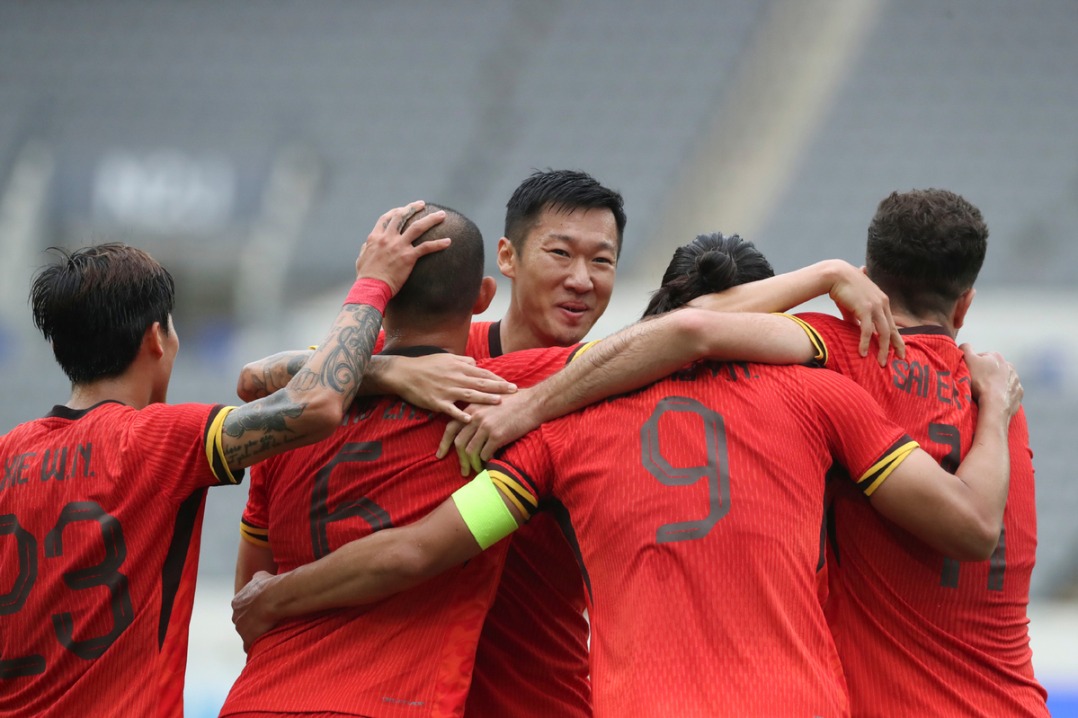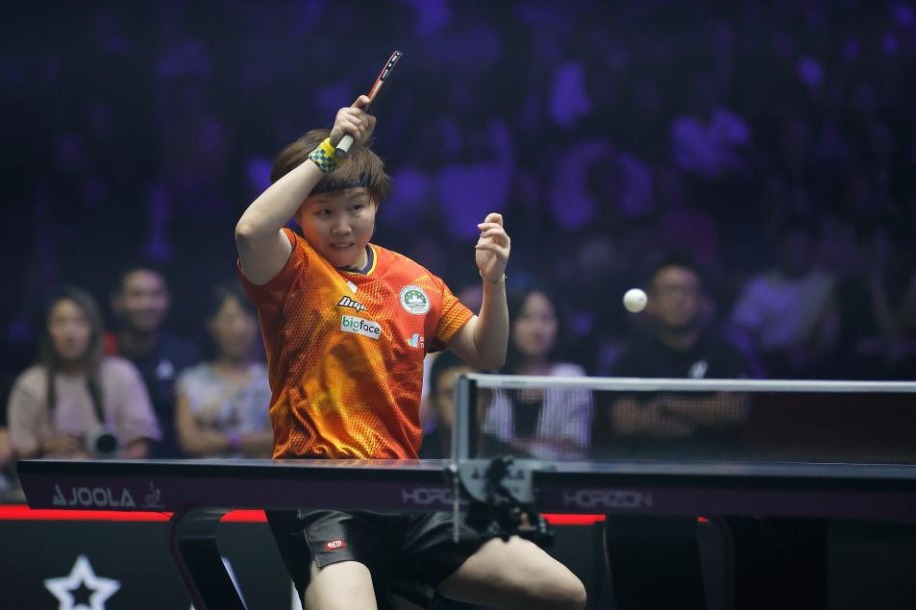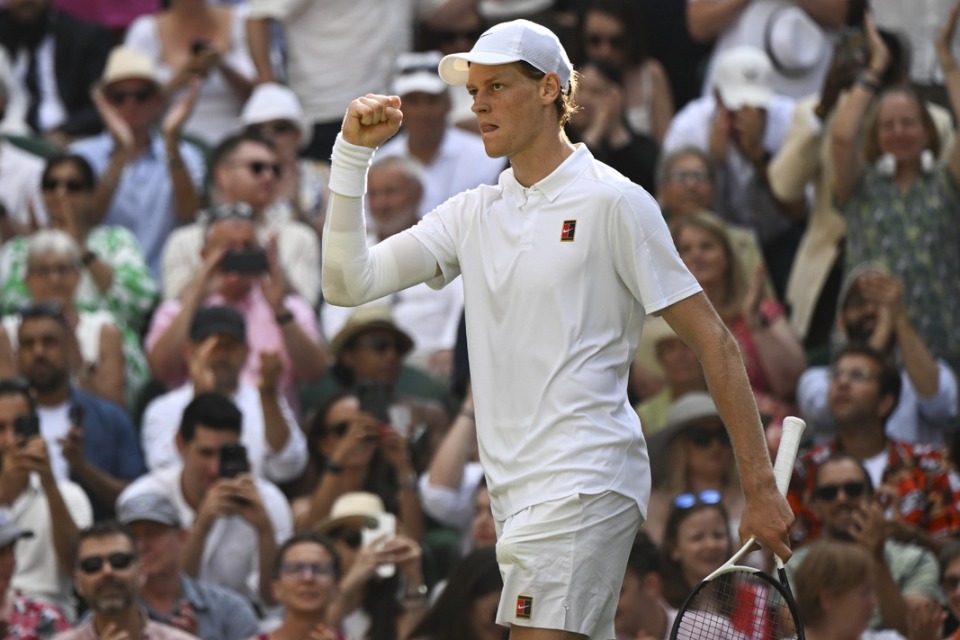Beijing 2022 leaves rich and fruitful legacy

Winter Olympics make deep impression in China and across the world

Editor's note: In a series of reports titled "Legacies of the Games", China Daily explores changes brought to the country by the Beijing 2022 Winter Olympics. This is the first part of the series.
With the final medals awarded, children singing, dancing and holding snowflake-shaped lanterns, the Olympic flame was extinguished as Beijing 2022 drew to a close on Sunday after more than two weeks of competition.
Before announcing the official closure of the Winter Olympics, International Olympic Committee President Thomas Bach described the Games as "truly exceptional", which was "only possible because of our gracious hosts, the Chinese people".
The 24th Winter Olympics were a resounding success for the host nation, not only because China pocketed nine gold medals, its best-ever result, but also because the Games left a rich legacy in staging the sporting spectacle.
President Xi Jinping said in a speech welcoming international dignitaries at a banquet on Feb 5 that China has made "a new contribution to the global Olympic cause "through preparations for the Winter Games and the promotion of winter sports. Organizing the event had successfully introduced ice and snow activities to the public and motivated more than 300 million people to take up winter sports.
In addition to popularizing such sports, the Beijing Winter Olympics made a significant impression nationally and globally in the fields of sports, economy, society, culture, environment, and urban and regional development, due to seven years of preparation.
On Feb 11, organizers released a legacy report for the Winter Olympic and Paralympic Games. The report collated 44 typical cases covering the seven fields and focusing on a wide range of aspects, including use of venues, technological innovation, cultural communication, volunteer work and environmental protection.
As the first city to host the Summer and Winter Olympics, Beijing has been acclaimed in many quarters for showing the world a more open and confident image this time, starting with the opening ceremony on Feb 4.
In 2008, the opening ceremony for the Summer Olympics featured many Chinese elements, with head director Zhang Yimou showcasing to the world written characters, the Silk Road, four great ancient inventions, Chinese Opera, ink wash painting and tai chi.
This year, Zhang, head director for the opening and closing ceremonies, said the focus had shifted from "I" to "we", with the team working on numerous "new explorations". If the 2008 opening ceremony sought to introduce traditional Chinese culture to the world, that for Beijing 2022 aimed to convey the spirit and philosophy shared by humankind, which is to build a community with a shared future, Zhang said.
No celebrities or professional actors took part in the ceremony. Instead, the public, ranging from school children to seniors, featured in all performances.
Rather than using a large number of people this time, artificial intelligence was employed on a grand scale, along with 5G technology and machine vision. The latter encompasses industrial and non-industrial applications in which a combination of hardware and software provides operational guidance to devices in executing their functions based on capturing and processing images.
The ceremony quickly won widespread applause after being broadcast around the world, with many netizens saying Zhang understood "Chinese romanticism" so well. One netizen said, "Now, we are not trying to tell the world who we are, but are presenting a more confident image with simple but rich content."
Zhang said, "Being able to reflect a degree of romanticism at this large-scale ceremony is the best manifestation of cultural self-confidence."
Most Popular
- China soccer team wraps 2025 EAFF championship
- LA28 reveals initial Olympic schedule on 3-year countdown
- Sinner bounces back to make history
- Palmer puts Chelsea on top of the world
- Zhu Yuling wins Women's Singles final
- Wang Chuqin wins men's singles gold at WTT US Smash






























